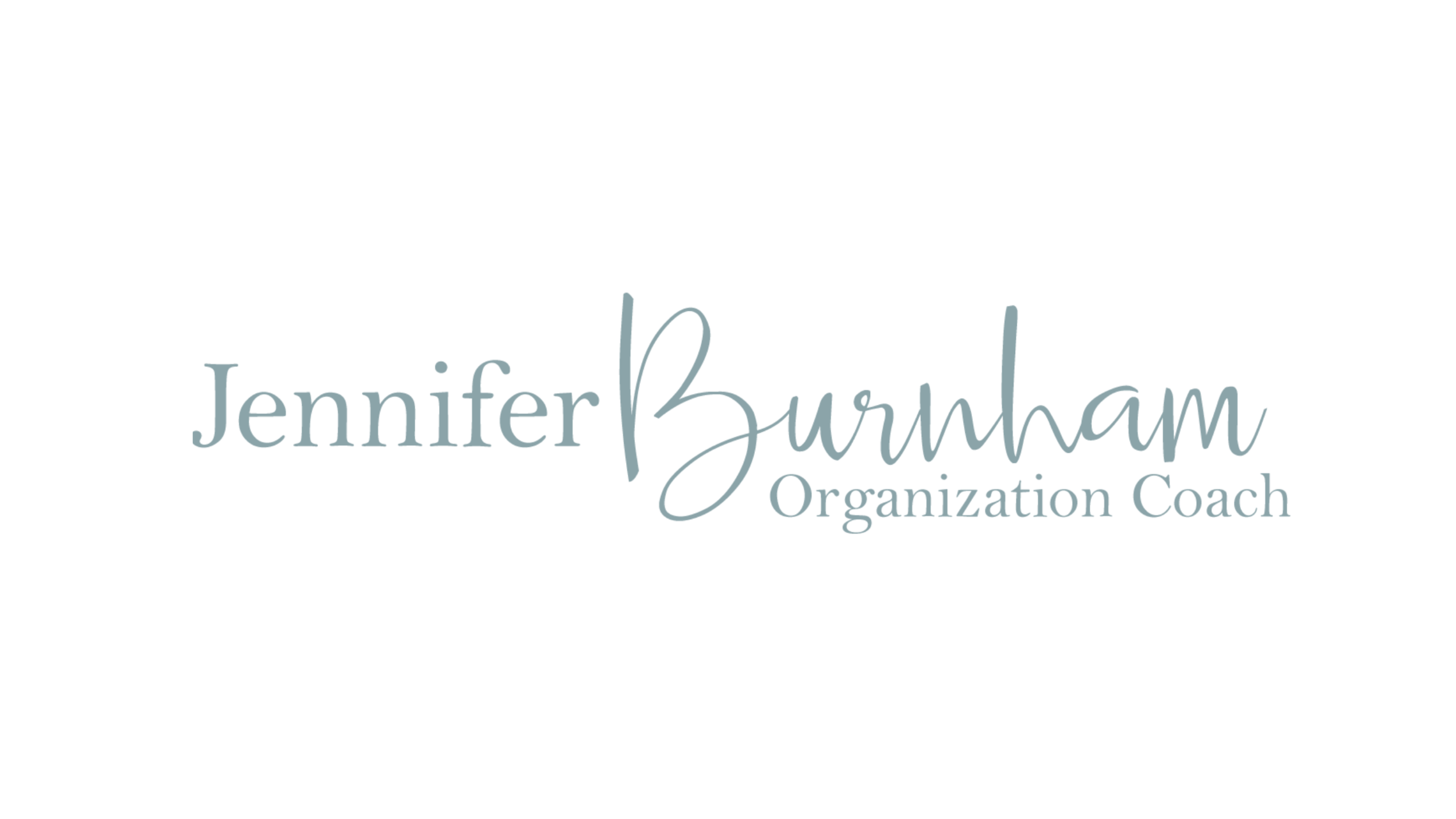Where does the clutter come from?
There must be a desk in here somewhere.
When I started my business nine years ago, I found myself conversing with an attorney over a website debacle I had going on. Green-behind-the-ears Jennifer hadn't learned the art of reading the fine print on contracts and I found myself in a pickle. No big deal though, I had my friend Ronnie come to the rescue.
After the debacle was sorted out, Ronnie walked me down the street to meet his friend and mentor, Charlie. It was late in the evening and all the staff had gone home. There was a door cracked open in the dark office and I could here a man's voice coming from behind it.
"I'm in here, come on through", he said.
As we pushed the door open, we were greeted with stacks-upon-stacks of yellow legal pads. I mean they were everywhere and I'm fairly certain I audibly gasped!
A few seconds later, I man motioned for us to sit down as he peered out from behind the stacks.
"Where?!" I thought.
As Charlie and Ronnie caught up, I just sat there looking around. "How does he get anything done?....Where is his computer?....How long has it been like this?"
As if on cue, Charlie interrupted my thoughts with a question, "So my dear, what is it that you do?"
I really didn't want to elaborate because hello all the stuff, but I answered, "I'm a professional organizer!"
Two weeks later I found myself driving to his home to sort out his personal office. As we sorted and purged, his wife would lovingly walk by and remind him that she was going to call in a dumpster service to "help us out".
So where does clutter come from?
Where does the clutter start?
The foundation of organization is simple: a place for everything and everything in it's place. The problem arises when something comes through the door and we don't know where to put it, so it goes on the counter. Or we know where it goes but that place is full, so we put it on the counter.
Piles are like magnets as they attract more and more stuff. Over time the small pile becomes a big pile and the big pile becomes a project to tackle.
Day in and day out we walk by the boxes and piles in the garage and think, "I'm going to tackle that this weekend, once and for all." But the weekend comes and goes, as another week drifts by. Three weeks later, the garage door goes up and there it is again. All those piles staring at you, reminding you of your broken promise and procrastination.
"If I just had the time!" you retort, blaming your overcrowded calendar, as you storm by the pile as if making a point and slamming the door.
Organizing indeed takes time, but that isn't all.
It also requires decisions. Over and over you have to decide, "do I want this or not?"
Sometimes that decision is easy like the duplicates or the broken pieces. Remember, surface clutter is always easily discarded.
But sometimes that decision is downright painful. You teeter back and forth on whether you should let it go or keep it. You talk yourself through all the reasons as to why you bought, what you hoped to use it for, how much you spent on it, or who gave it to you.
Compounded upon one another, those decisions wear you out. All you did was organize the smallest corner in the garage, yet you feel like you've been hit by a Mack truck. You begin to think, "am I ever going to get through this garage?...Is organizing even worth it?"
In Gretchen Rubin's book, The Happiness Project, she outlines the eight types of clutter.
Nostalgic: relics from the past
Conservation: useful items but not currently in use (ex: vases from the florist)
Bargain: unwanted items bought on sale
Freebie: gifts, hand-me-downs, and giveaways
Crutch: items that you use but shouldn't (ex: my dull kitchen knife)
Aspirational: items of the person you aspire to be (sewing, scrapbooking, cooking, hostess)
Outgrown: used before but not currently in use
Buyers remorse: items you should have returned but didn't
Raise your hand if that list resonated with you.
Our clutter is our space stealer.
It becomes heavy when we hold it too long. I'm here to tell you there is freedom available on the other side of those piles.
Label the clutter for what it is and then let it go. Once you've sorted through your home and released the weight of unwanted items, you will become a clutter watchdog, carefully inspecting items that come through the door.
You've felt the weight and you continuously choose freedom.
Instead of filling your home with stuff, let's fill it with family.
